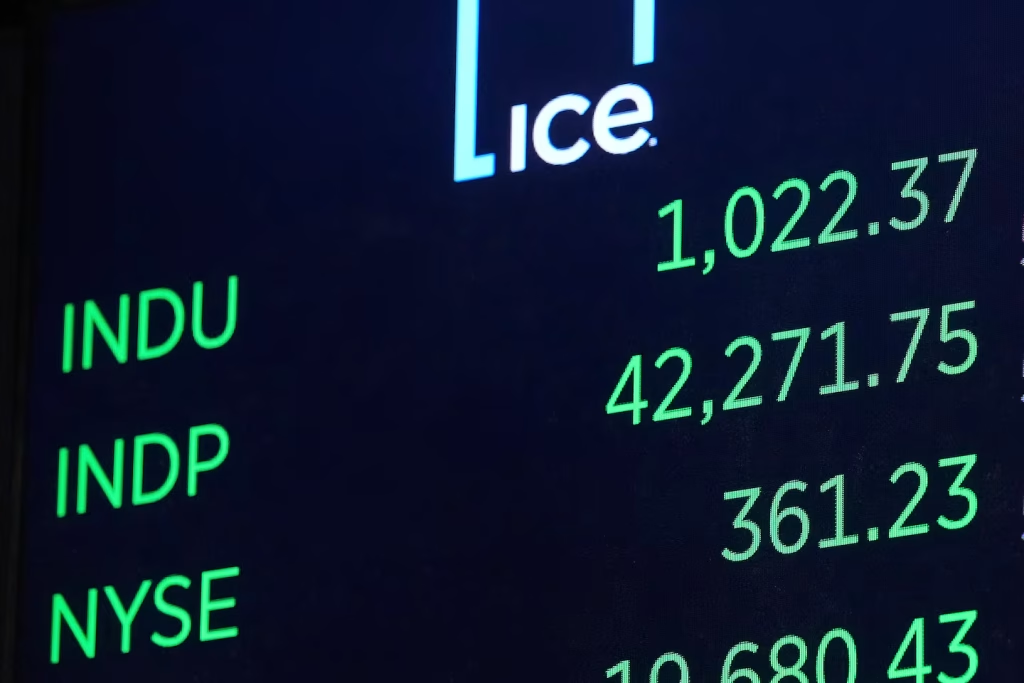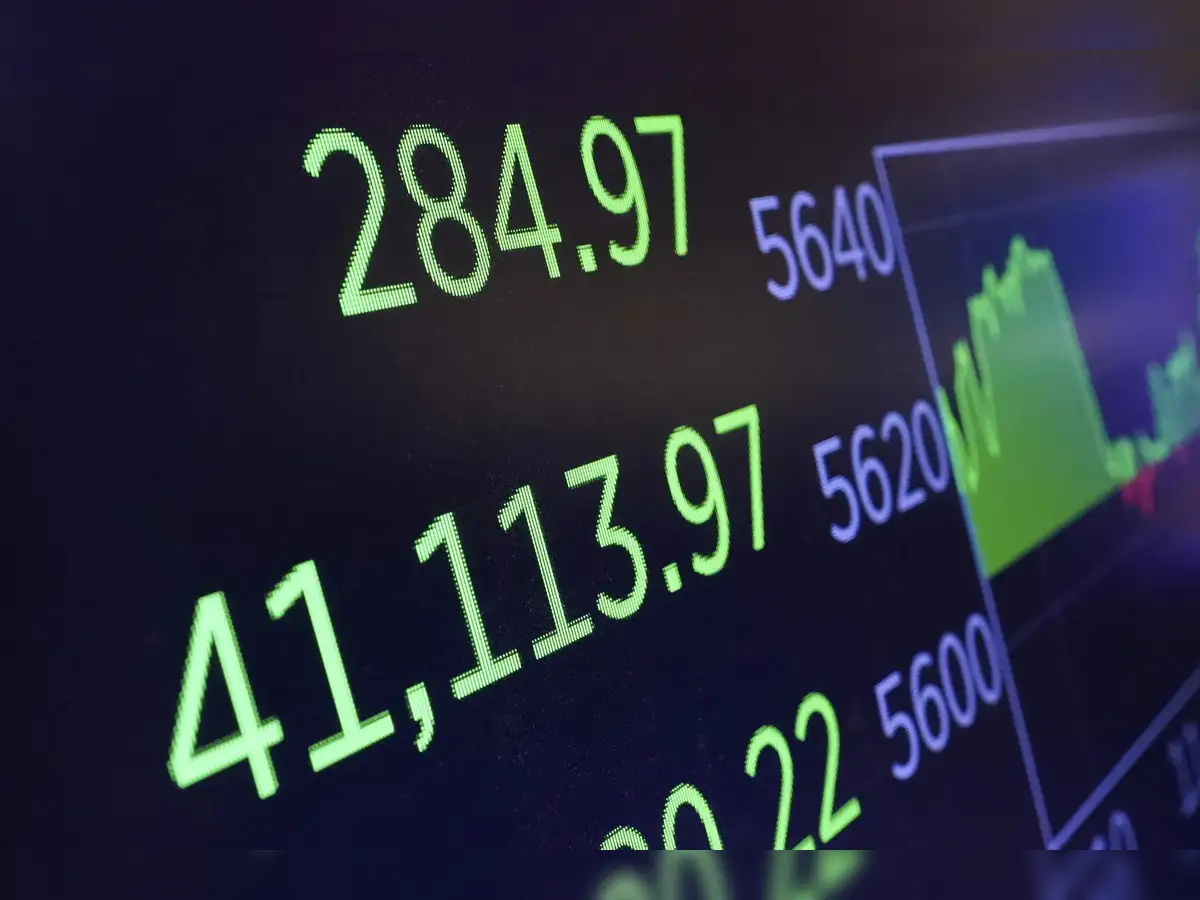Stock markets around the world extended their gains on Tuesday, buoyed by the suspension of China-US tariffs, which raised hopes that the two global economic giants would step back from their trade war.
Equity markets, alongside oil and the dollar, rallied after China and the US announced plans to slash most of their hefty tariffs and hold talks to resolve the standoff that has sparked fears of a global recession.
This positive development sparked optimism that some of the punitive tariffs, imposed by former US President Donald Trump on April 2, could be reduced or even removed entirely. These levies had previously raised concerns about the stability of global trade.
After two days of negotiations in Geneva over the weekend, officials confirmed that the United States would lower its 145 percent duties on China to 30 percent for 90 days, while China would reduce its retaliatory tariffs from 125 percent to 10 percent.

US President Trump hailed the move as a “total reset,” while US Treasury Secretary Scott Bessent expressed hopes for further discussions in the coming weeks to secure a more comprehensive deal.
Following the announcement, most Asian markets started Tuesday on a positive note. Tokyo’s Nikkei was up by more than 1 percent, while Shanghai, Sydney, Taipei, Singapore, Seoul, Wellington, Bangkok, and Manila also saw gains.
European markets also posted early gains, with London, Paris, and Frankfurt edging up in morning trading. However, Hong Kong dropped nearly 2 percent, following a 3 percent surge the day before, and Mumbai also slipped.
The US dollar pulled back slightly from its previous rally, while oil prices reversed early losses to continue Monday’s gains.
The positive response in Asia followed Wall Street’s strong reaction to the news. The Nasdaq surged more than 4 percent, the S&P 500 gained 3.3 percent, and the Dow climbed 2.8 percent. A measure of US-listed Chinese stocks rose more than 5 percent.
HSBC strategists noted that the swift progress in US-China trade talks exceeded expectations. “Clearly, the upside risk for broader risk assets has increased, as markets now expect more deals in the coming weeks,” they wrote.
However, caution remains. “Things could easily get bumpier in future trade negotiations,” they warned.
IG chief market analyst Chris Beauchamp noted that both sides seemed eager to repair their relationship and avoid further harm from the massive tariffs. But even at reduced levels, tariffs of 10 percent and 30 percent are still far higher than what investors had anticipated just a few months ago.
Federal Reserve Governor Adriana Kugler cautioned that, despite the reduction in tariffs, the ongoing trade policies could still push inflation higher and weigh on economic growth in the long term.


 Trending
Trending 
